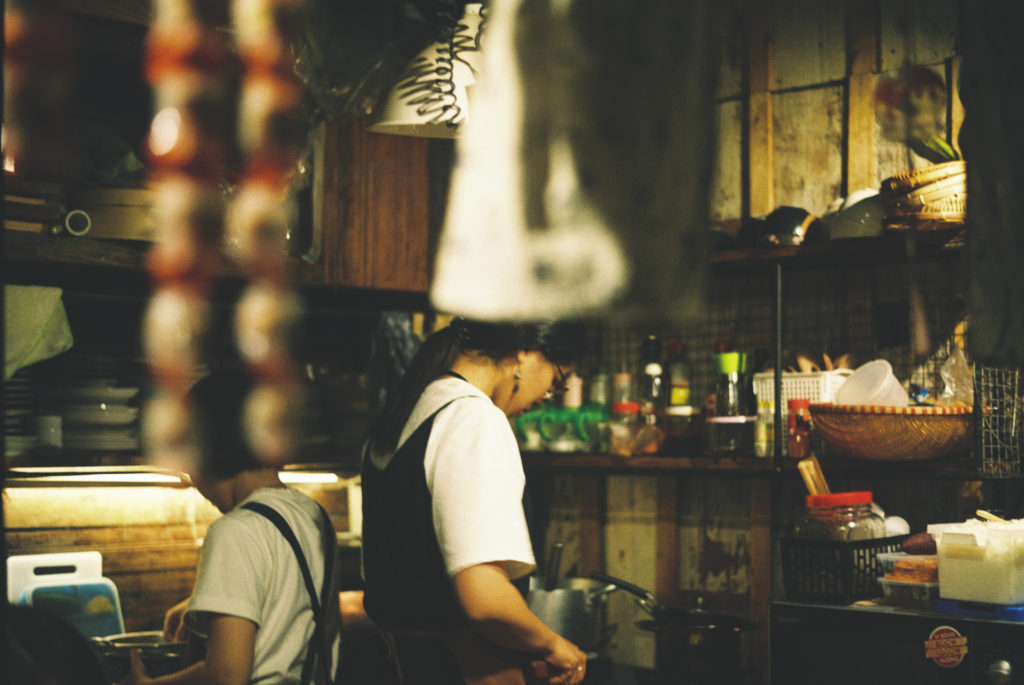Have you experienced wage theft? If you’ve ever earned below Australia’s minimum wage, you have been a victim.
Unfortunately, a recent study of 5,000 international students nationwide discovered that the majority of respondents have endured serious wage theft, with three in four students earning below the minimum casual wage and one in four earning less than half the minimum. Shockingly, around a quarter of respondents were earning only $12 or less per hour (which is equal to about half of the minimum casual wage).
The study, ‘International Students and Wage Theft in Australia’, was conducted by UTS Law Associate Professor Laurie Berg and UNSW Associate Professor Bassina Farbenblum, who co-direct the Migrant Worker Justice Initiative. It found that despite efforts from the Fair Work Ombudsman over the last three years and stronger penalties against employers, international students are still being exploited at work.
A/Prof Farbenblum says the proportion of international students who are being significantly underpaid has remained essentially unchanged since 2016.
“Our findings show that tinkering around the edges of the problem isn’t working. Wage theft is endemic for migrant workers and indeed many Australian workers in certain industries. To seriously disrupt wage theft in Australia, we need urgent reforms to labour enforcement and student visa conditions, as well as a new wage recovery tribunal. ”
A/Prof Berg also shares that almost two-thirds of international students didn’t seek information or help for problems at work.
“They suffered in silence, often because of visa concerns or fear of job loss. Our findings confirm many who complained were in fact sacked. Their visa concerns are also valid – there’s nothing to stop the labour regulator sharing information with immigration authorities if a student has worked more hours than her visa allows.”
It’s important to remember that international students have the same work rights as everyone else in Australia, and that help is available if you feel that you aren’t getting the right pay.
The issue has only compounded through the impact of COVID-19.
“The COVID-19 shutdown has created a humanitarian crisis among international students and other migrant workers in Australia,” says A/Prof Farbenblum. “Many have been unable to pay their rent and joined food bank queues.”
With the easing of restrictions across the country, international students are in danger of becoming even more vulnerable to exploitation as they try to find work. To document the extent of this crisis, A/Prof Berg and A/Prof Farbenblum have just launched a world-leading COVID-focused nationwide survey of temporary migrants in Australia, which you can take part in here.
The new survey will gauge levels of financial insecurity, workplace exploitation and homelessness among international students who have remained in Australia during the pandemic, and hopefully provide a strong background for new policies surrounding workplace exploitation to be built.
Where can I find help?
If you are an international student currently working or seeking employment, make sure you are aware of Australia’s minimum wage (note that this is due to increase in the coming weeks), common workplace myths, and your workplace rights.
If you have any concerns about your work situation, visit the Fair Work Ombudsman website, call the Fair Work Infoline on 13 13 94, or call 13 14 50 to contact the Translating and Interpreting Service if you need language support. You can also tell the FWO about a workplace issue anonymously in English or in one of 16 other languages.





